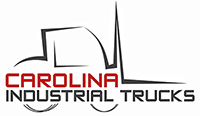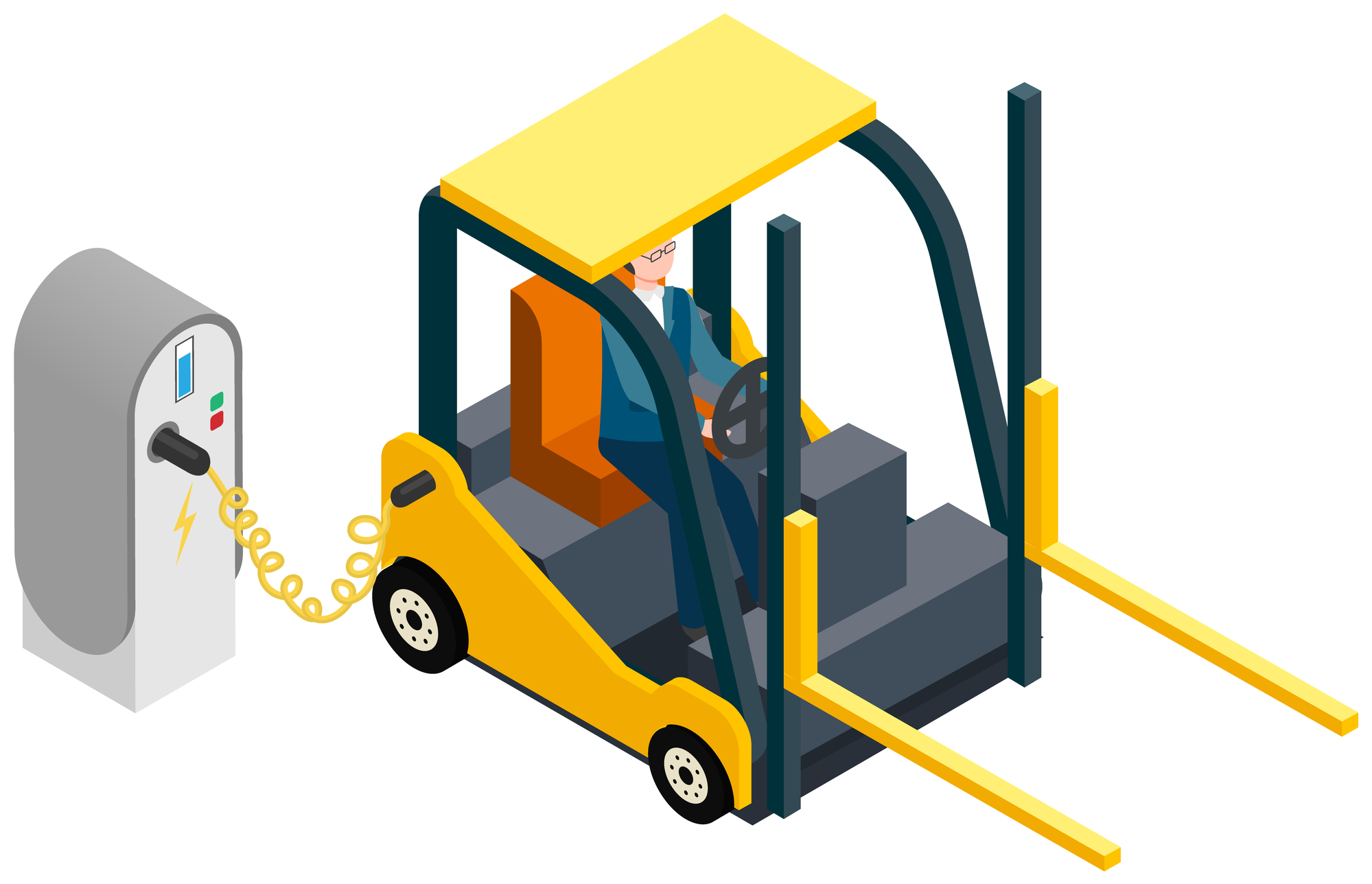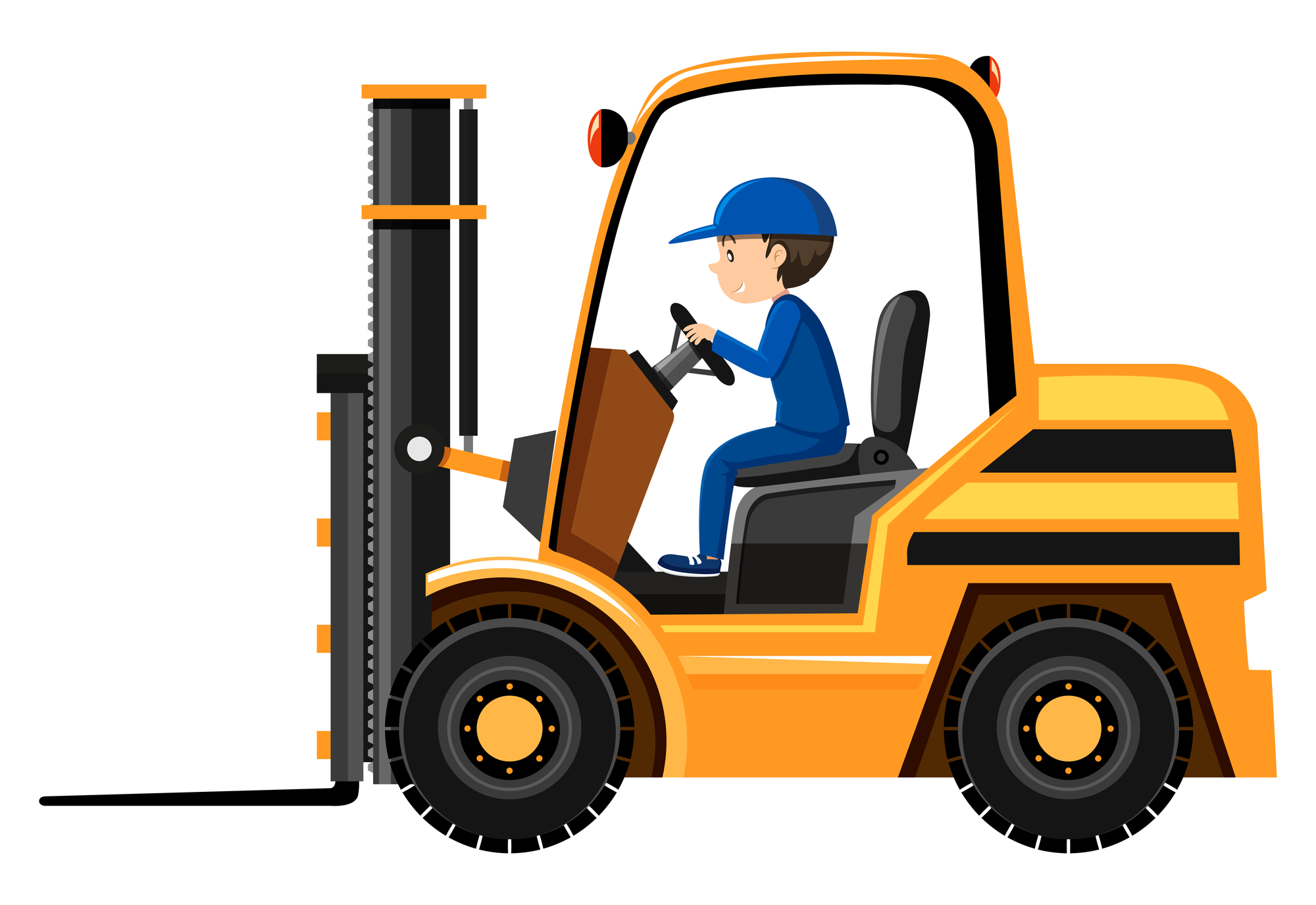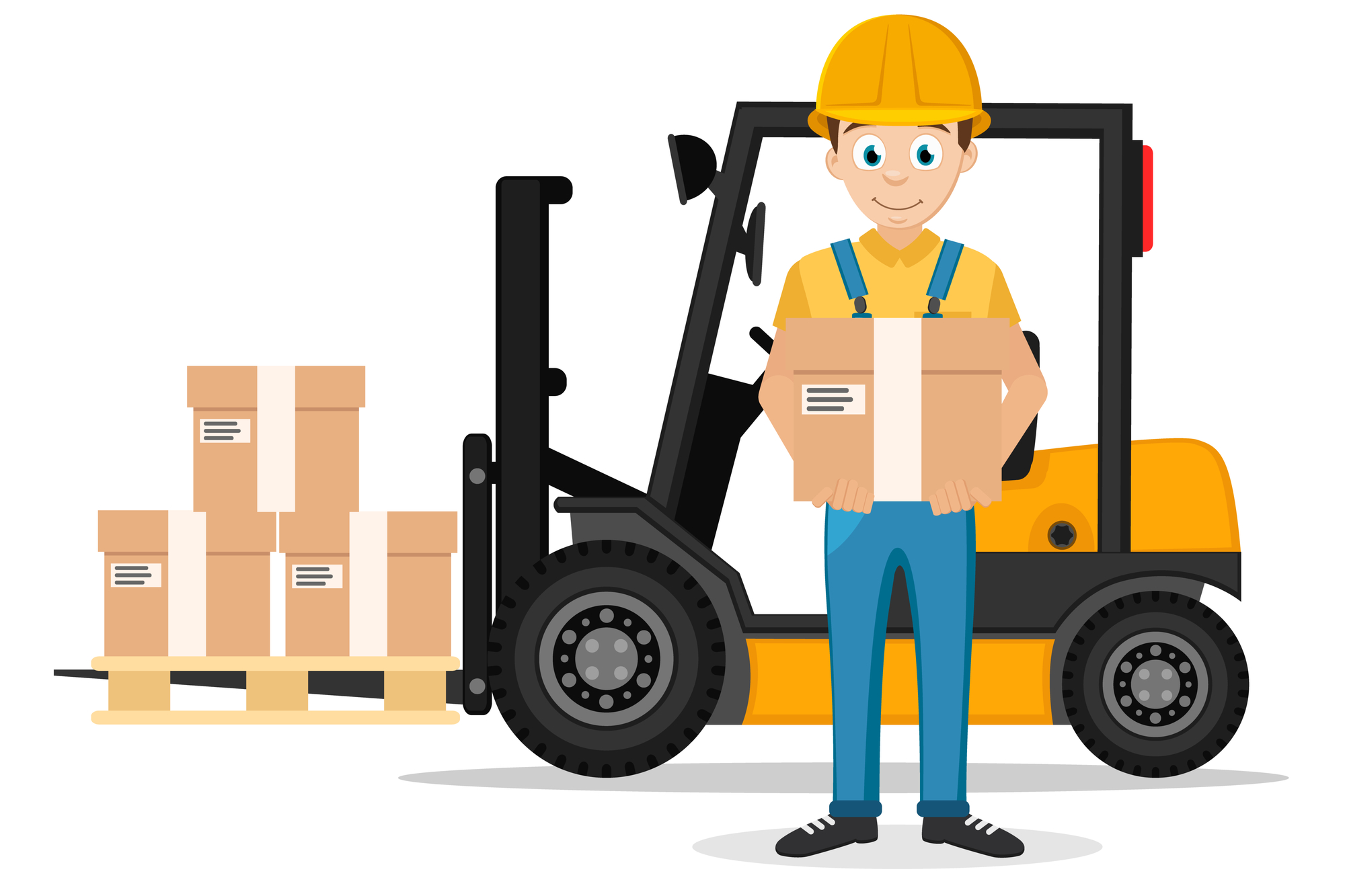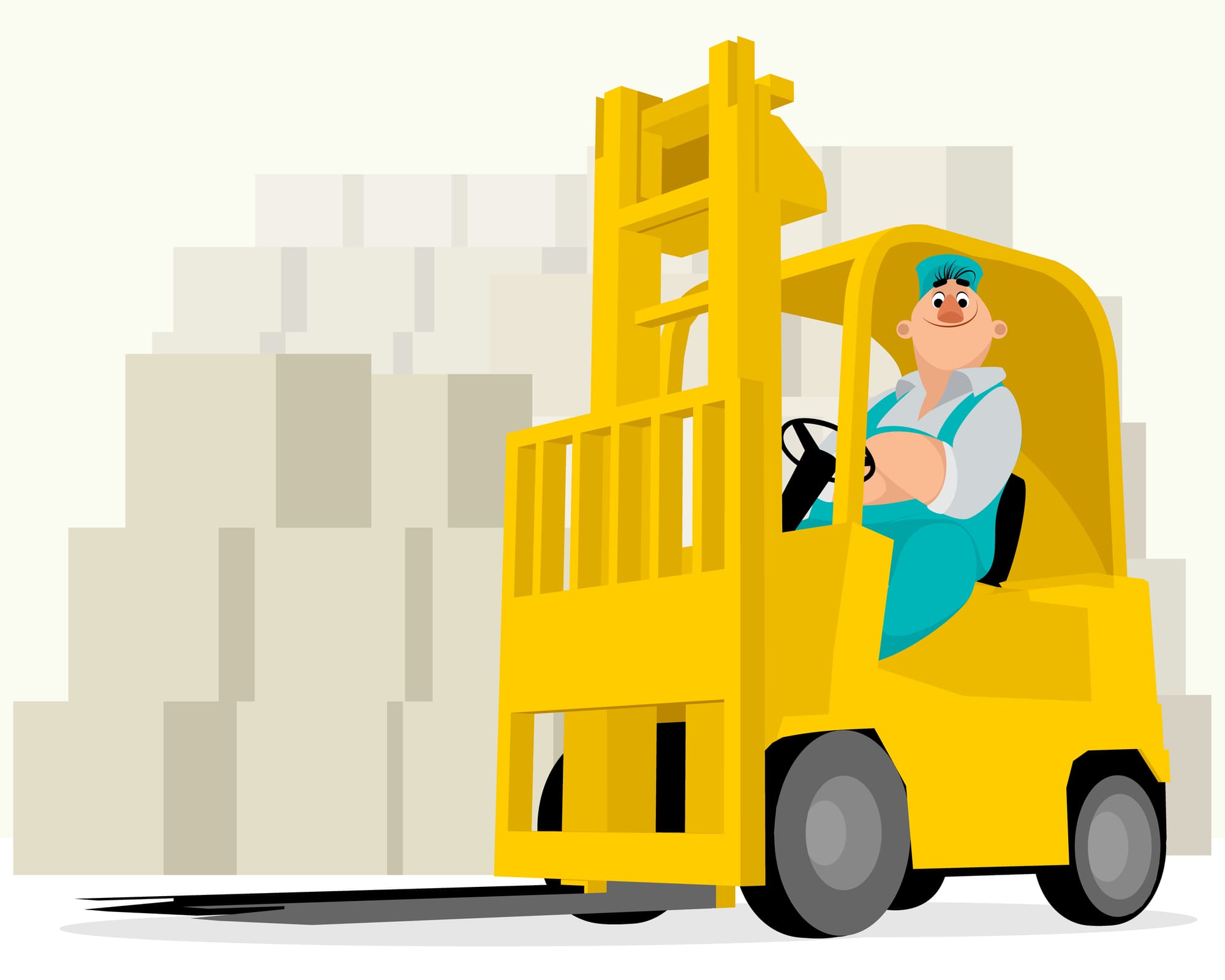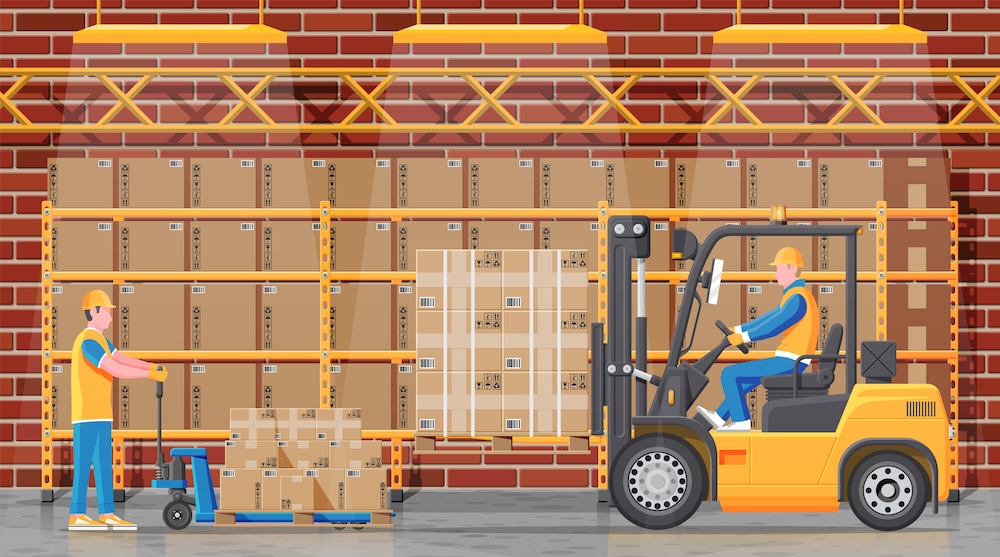Wear and Tear Signs for Forklift Tires
08/24/2018
CITrucks
We all know and love the hum of a warehouse busy at work. Everyone hustling around making sure that their jobs get done and quotas are met. Then WHAM! All of a sudden production halts, all because the maintenance on your forklift tires weren't done in a timely manner, and a tire is shredded.
We know that your job depends on your forklifts running properly. If one goes down then everyone's job just became a lot harder, including ours.
We're here to provide tips on how to tell when it's time to replace your forklift tires before production has to come to a halt, or even worse, before someone gets hurt.
Worn Down Forklift Tires
One of the more prevalent signs that you're in need of a forklift tire replacement is when they are just plain worn down. This can come from the regular everyday use, or it can be a sign of a bigger maintenance issue.
If the wear is uneven, such as the front is worse than the back or vice-versa, it can indicate that there is a bigger problem. If there is an issue causing premature wear, it's best to have it taken care of as soon as possible.
Even if you have a regular maintenance schedule this type of wear means the forklift tires will need to be replaced sooner than you are planning. We know this can be an added stressor but there are a few things to pay attention to that will help you keep an eye out for this.
Most industrial forklifts have tires that have a 50 percent ware line. This means a line will show up, alerting you that you are at the halfway mark to needing a replacement. This line will most likely be orange to make it easy to visually spot even if it's before your scheduled maintenance.
Flat Spots on Your Tires
A flat spot is exactly what it sounds like, only one spot on the tires for a forklift is flat. This most frequently happens from making sharp turns while carrying a heavy load.
Flat spots due to weight will happen, it's not something that is avoidable. However, over time, it'll be something that you have to deal with. On the other hand, there are some things that are avoidable that can also cause flat spots.
If you have more than one flat spot on your tires it could mean that your warehouse has an uneven floor. It can also be from spinning the tires when your operator is accelerating.
If you haven't replaced your forklift tires, or had maintenance in a while, it could also mean that your forklift is out of alignment. If your forklift is shaking, there's a good chance that there is a flat spot.
Skid Marks and Balding
We know that you can't always put your finger on what’s wrong, but if you're seeing skid marks around your warehouse, it's most likely that your forklift tires are either over or under inflated.
Another side effect of incorrect over or under inflating is early balding. Over or under inflating can not only ruin the tires but, if it continues for long enough, it will damage the brakes as well.
The brakes are affected because the bald tires are causing the brakes to jam every time you or your operator tries to stop.
Cracked Tires on your Forklift
Cracked forklift tires can happen for a multitude of reasons and can inevitably create safety hazards. Cracking or chunking can be from extreme temperature changes or running over debris.
This happens in most warehouses, so it's something that gets noticed and tends to get ignored. However, because of how severe this problem can get, we can't stress enough that it's important that you keep an eye out for cracks in your forklift tires.
This problem can range from a small crack in the tire, to chunks of the tire actually missing. It's always best to address the problem while it's still a little crack. No one wants chunks of tires falling off of your forklift.
Preventing Worn Down Forklift Tires
According to OSHA, forklift accidents cause 34,900 serious injuries a year. Granted not all of these are caused by tire problems, but OSHA also said 70 percent of all forklift accidents are avoidable.
The way we see it, if you can avoid an accident, why wouldn't you try to?
We suggest some really simple policies and procedures you can put in place that can help to keep your employees safe.
Maintenance plans are a good start, as they can help keep your forklift in tip-top shape. However, as we've outlined, there are some issues that regular maintenance might not prepare for.
Establishing clear and concise policies regarding how to deal with the forklifts can prevent these unexpected issues. Especially if within the policies it requires operators to check the forklift tires before operation. This simple step can stop accidents before the forklift is out on the floor.
Keeping your warehouse clean seems like a small step to take, but making sure the floor is clear of debris, along with oil and grease will also help.
Driving through oil and grease spots not only make it harder to control the forklift, but the chemicals in oil and grease will break down the rubber in the tires, accelerating the need to replace them.
When you do find yourself needing to replace the tires for a forklift, make sure to check the rims as well. In many cases when the tires are damaged the rims have been bent in the process.
Having a regular maintenance schedule on all of your equipment is a good idea, and this definitely includes your forklifts. Check out this article on how to prepare for aerial inspections, while routinely checking the working parts and fluids of all of your equipment. Make sure that the tires are a part of your daily checklist.
